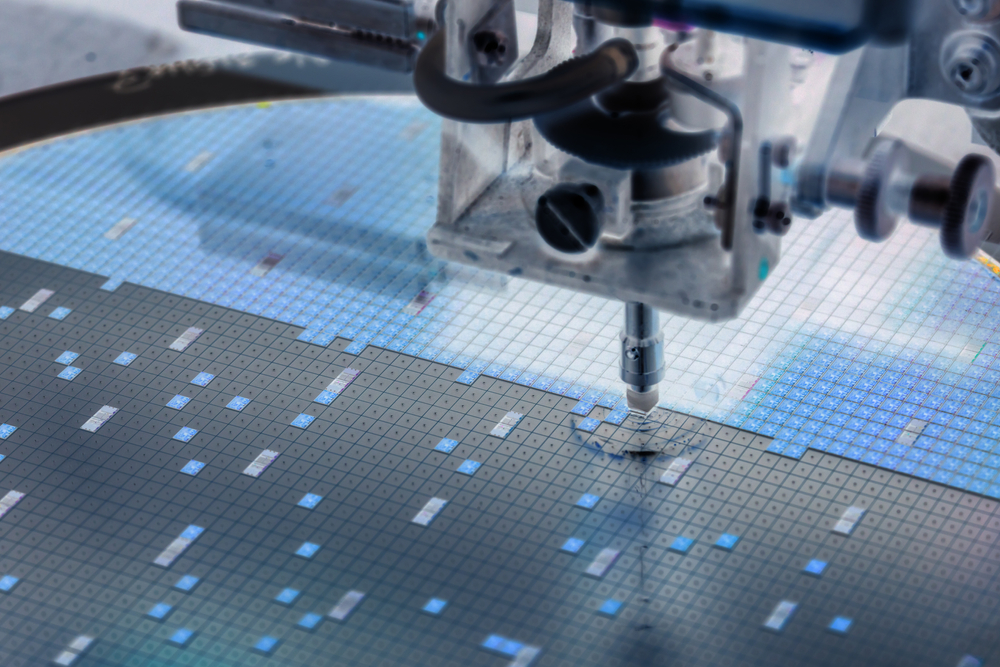As tech companies seek high-end chips to train their AI models, startups are queuing to alleviate the demand from giants like Nvidia.
Nvidia joined the ‘$1 trillion’ club’ in May, its growth fueled by tremendous demand for high-end chips designed for AI, including the A100 and H100.
These chips are used by many of the big players in AI, including Inflection, Microsoft, Meta, and OpenAI, though a handful of companies produce their own chips, including Google.
The current supply of high-end chips simply isn’t meeting demand, leaving a gap in the market for smaller companies such as SambaNova, Graphcore, and Tenstorrent, which have raised over $3bn for their AI hardware in recent years.
Another AI chip manufacturing startup, Cerebras, recently announced a collaboration to build a network of supercomputers for UAE-based tech group G42.
Cerebras’ CEO, Andrew Feldman, said of the deal, “AI has an insatiable demand for compute. When you’re David fighting Goliath, you look for cracks… [Nvidia’s] inability to meet demand is just such a crack.”
Talal Alkaissi, CEO of G42 Cloud, said, “People can’t get the hardware they want, or it’s too expensive. The market is hungry for alternatives.”
G42 plans to resell excess capacity to other customers via cloud-computing platforms.
Demand for AI chips at record highs
Major tech firms are developing their own semiconductors, such as Amazon Web Services, which launched its custom chip, Trainium, in 2020.
Google Cloud has offered customers Tensor Processing Units (TPUs) for several years and recently developed a high-end chip that rivals Nvidia’s A100 and H100. Elon Musk’s new AI company xAI also intends to use custom chips developed by/in collaboration with Tesla.
In Europe, Axelera AI, based in the Netherlands, is developing AI chips designed for cars, medical devices, and security cameras rather than cloud and data centers, where Nvidia’s chips are in high demand.
Axelera CEO Fabrizio Del Maffeo stated, “I always said since day one it’s crazy to go against a trillion-dollar company with unlimited resources.”
If a company can build high-end chips for AI purposes, the market is undoubtedly there. But that’s a big if, as chips are notoriously complex to develop and manufacture.





